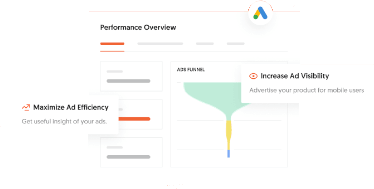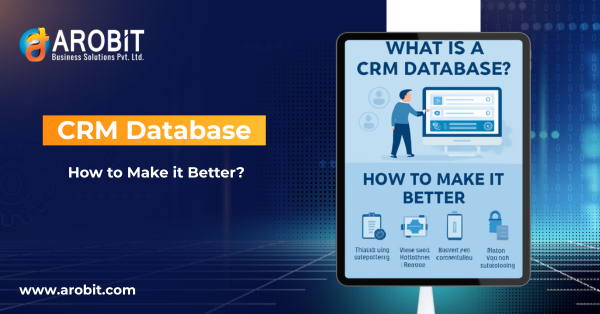Having an attractive website alone is no longer enough to reach top positions in search engines in today's world of fierce competition. In order to reach a higher ranking in search engines, you need the help of an SEO expert or SEO company. However, it is imperative that you have a clear idea of your vision before choosing the right SEO services.
Search engine optimization (SEO) has become a crucial part of any digital marketing strategy, and technical SEO is essential. Technical SEO involves optimizing a website's technical elements to ensure that search engines can properly crawl, index, and rank its pages. As an SEO agency, it's essential to have a robust technical SEO strategy in place to ensure your clients' websites are optimized for search engines. This blog will provide you with the ultimate blueprint for technical SEO that every SEO service provider should implement.
1. Site Speed Optimization
One of the most important factors affecting a website's ranking is its loading speed. The slow loading speed can result in a high bounce rate and lower engagement, negatively impacting the website's rankings. Therefore, optimizing the website's loading speed is important by minimizing the images' size, enabling compression, and reducing HTTP requests.
2. Mobile Optimization
Most people today access the internet via their mobile devices. Hence, it is essential to optimize the website for mobile devices. A mobile-friendly website design should be responsive, have a simple user interface, and have a fast loading speed.
3. SSL Certificate
Having an SSL certificate is important for website security and user privacy. In addition, Google prefers websites that use HTTPS over HTTP. Thus, ensuring that the website has an SSL certificate installed is important.
4. Crawlability and Indexability
Search engines crawl websites to gather information about them, which they use to determine their rankings. Therefore, it is important to ensure that the website is crawlable and indexable. One can achieve this by optimizing the robots.txt file and the sitemap and providing no broken links.
5. Structured Data Markup
Structured data markup is a way of providing search engines with additional information about the website's content. This additional information helps search engines understand the context of the content, which can improve the website's rankings. Therefore, it is important to use structured data markup such as Schema.org.
6. Content Optimization
While technical SEO is important, it is equally important to ensure that the website has high-quality, relevant, and engaging content. The website's content should be optimized for keywords and written in a way that is easy to read and understand.
7. On-Page Optimization
On-page optimization involves optimizing individual pages on the website for search engines. This includes optimizing the page titles, meta descriptions, header tags, and images. On-page optimization should be done for each page of the website.
8. URL Structure
The website's URL structure is important for both users and search engines. URLs should be descriptive and easy to understand. They should also be structured in a way that helps search engines understand the context of the content.
9. Technical Audit
It is important to periodically perform a technical audit of the website to identify any technical issues affecting its ranking. The technical audit should include an analysis of the website's loading speed, mobile optimization, crawlability, and indexability.
10. Page Speed Insights
Google's PageSpeed Insights is a tool that provides insights on how to improve the loading speed of a website. This tool can help SEO agencies identify issues affecting the website's loading speed and provide recommendations on how to fix them.
11. Canonicalization
Canonicalization is selecting the best URL when several versions of the same page are on the website. It is important to ensure that search engines only index the preferred version of the page to avoid duplicate content issues.
12. Internal Linking
Internal linking is linking pages within the website to improve user navigation and help search engines understand the website's hierarchy. It is important to use descriptive anchor texts and links to relevant pages to improve the website's ranking.
13. Site Architecture
The website's architecture is the way the website's pages are organized and linked. A website architecture should be intuitive and easy for users and search engines. A clear and logical structure can help search engines crawl and index websites more efficiently.
14. 404 Pages
A 404 page is the page that displays when a user tries to access a non-existent page on the website. It is important to customize the 404 page to include links to other relevant pages and prevent users from leaving the website. A custom 404 page can also help search engines to crawl the website more efficiently.
15. XML Sitemap
An XML sitemap is a file that contains a list of all the pages on the website. By doing so, search engines are able to crawl and index the website more efficiently. SEO agencies should ensure that the website has an updated XML sitemap and is submitted to search engines for indexing.
16. HTTPS Security
HTTPS security is an important factor that affects website ranking. Websites with an SSL certificate are more secure and provide better protection for user data. It is important to ensure that the website uses HTTPS encryption to avoid any security-related penalties.
Conclusion
Hence, implementing technical SEO strategies can help SEO agencies. By following the ultimate blueprint for technical SEO mentioned above, SEO agencies can ensure that their client's websites are optimized for search engines and provide a better user experience, resulting in increased engagement and revenue.
Add Arobit Business Solutions Pvt. Ltd. to your Google News feed ![]()








